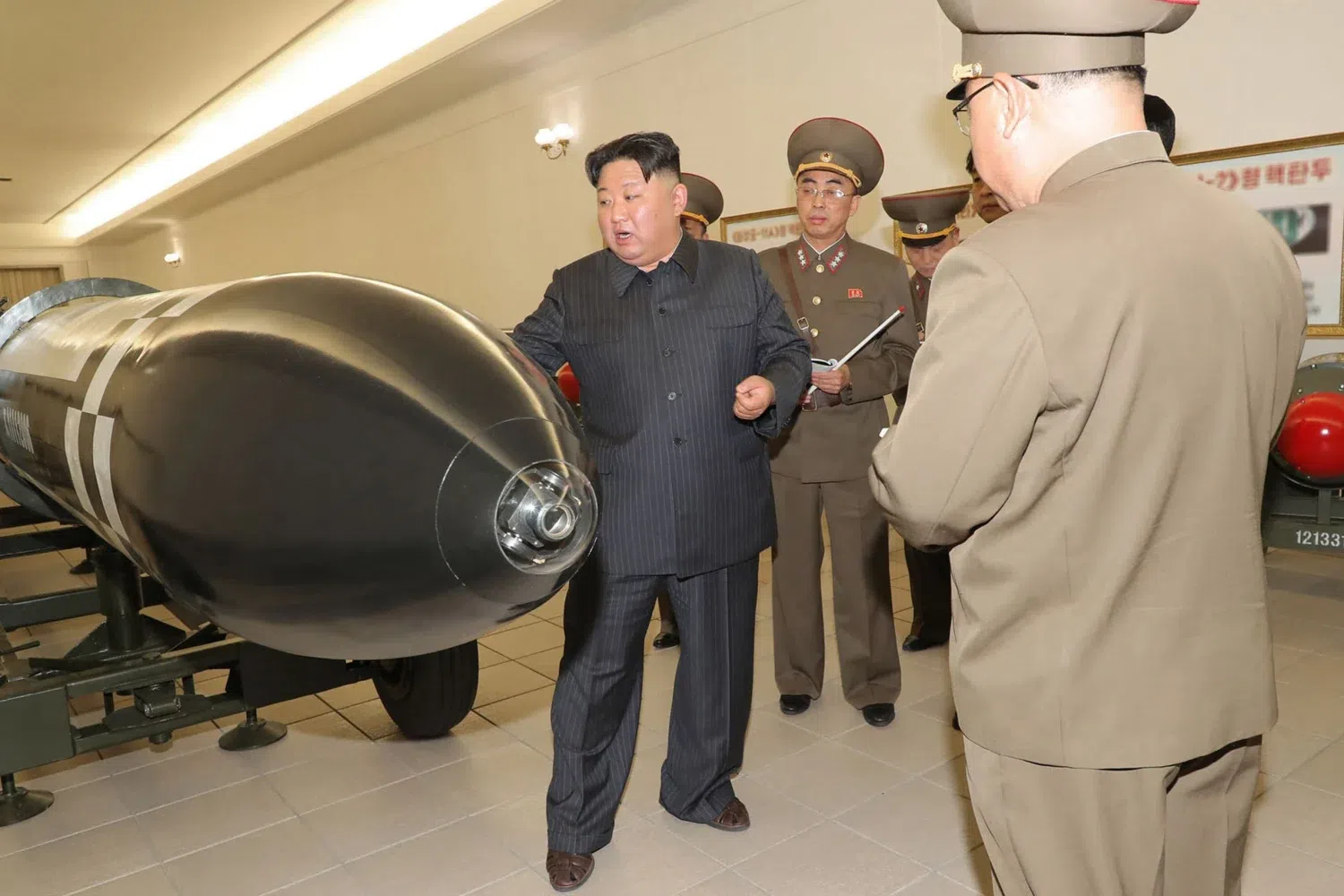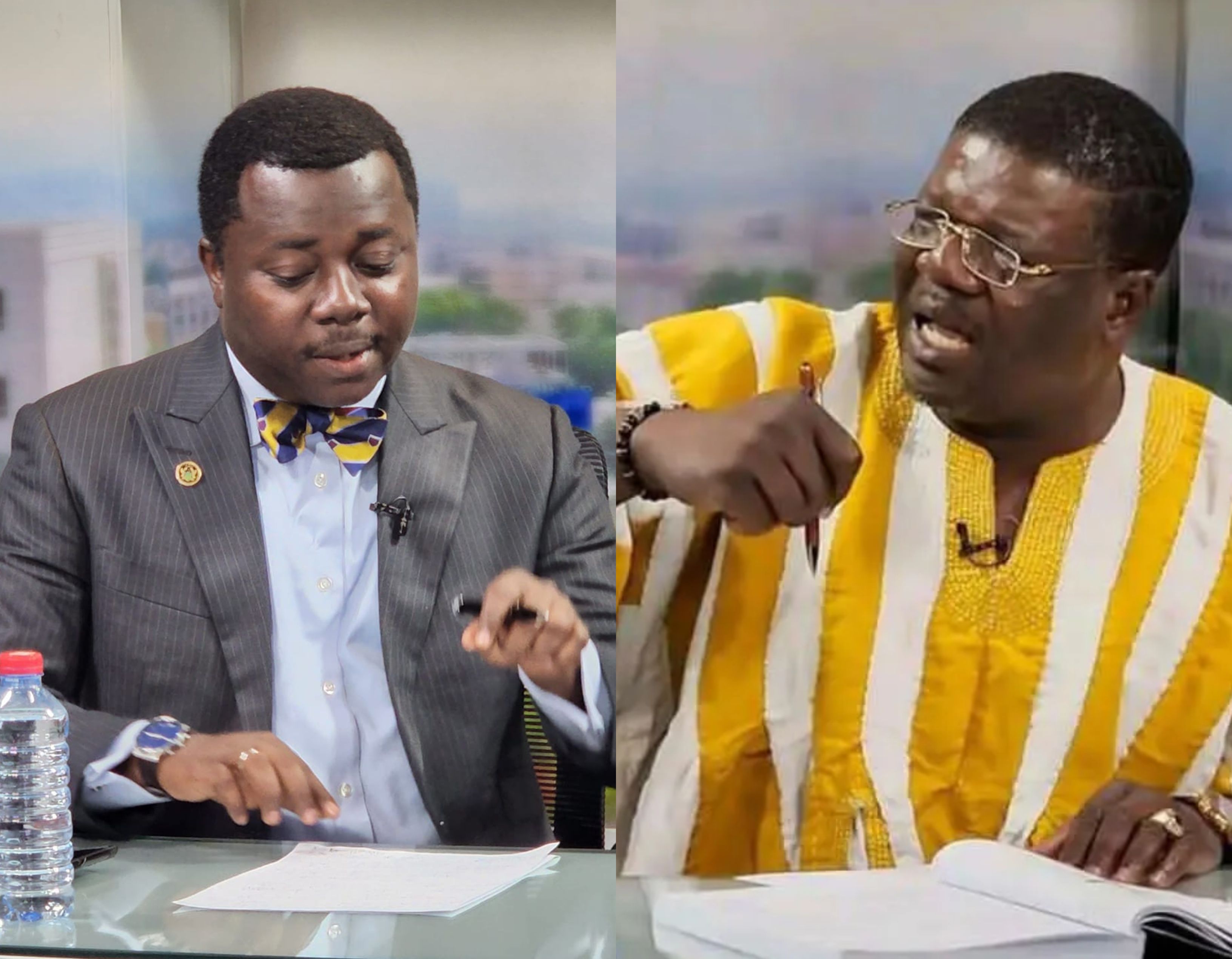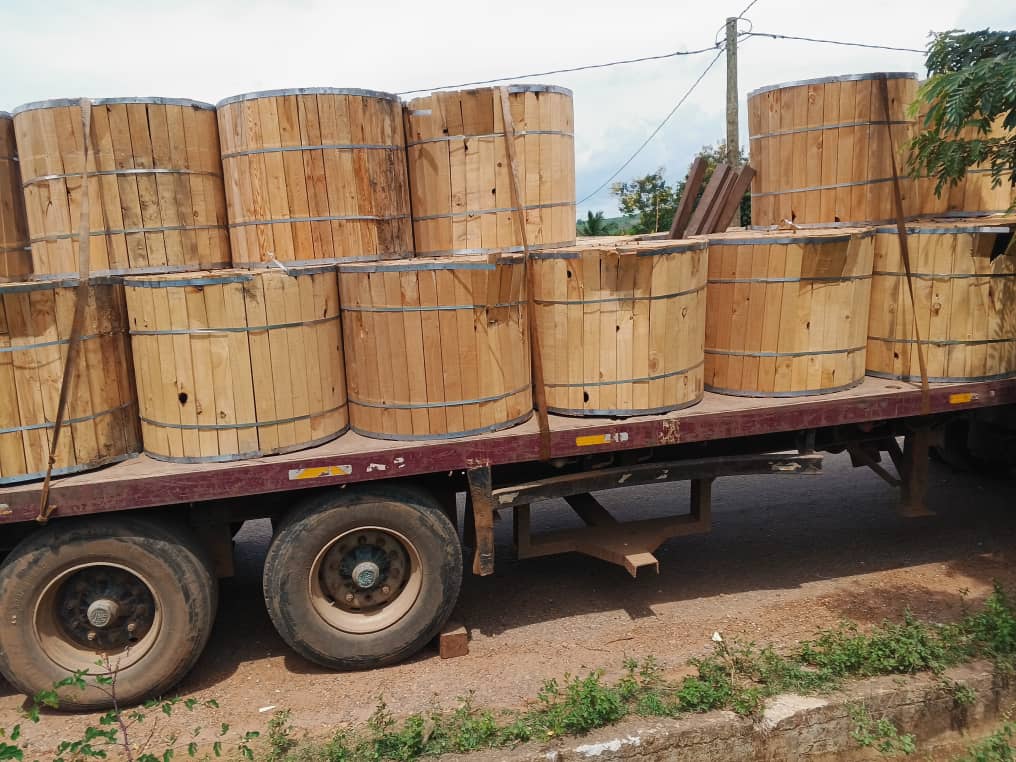
A nuclear weapon is an explosive device that derives its immense power from nuclear fission, fusion, or a combination of both.
Commonly known as atom bombs, A-bombs, nuclear bombs, warheads, or nukes, these weapons unleash devastating explosive force, intense heat, and deadly radiation.
Their power is measured in kilotons (1,000 tons of TNT) and megatons (1,000,000 tons of TNT), making them the most destructive weapons ever created.
For decades, nuclear weapons have shaped global politics and military strategies, serving both as a deterrent and a symbol of power.
While only a few nations possess them, their stockpiles vary significantly, with some holding thousands of warheads, while others maintain only a handful.
MUST READ: Pres. Mahama discloses key directive to galamsey taskforce on seized excavators
As of today, an estimated 13,080 nuclear warheads exist worldwide. This is a significant reduction from Cold War levels, when the United States and the Soviet Union each possessed tens of thousands.
However, despite the decline in overall numbers, more countries now have nuclear capabilities than in the past.
The use of nuclear weapons in warfare remains rare but historically significant. They have been deployed in combat only twice—both times by the United States at the end of World War II.
On August 6, 1945, the U.S. dropped an atomic bomb named Little Boy on Hiroshima, Japan, instantly killing tens of thousands and causing massive destruction.
Just three days later, on August 9, 1945, a second bomb, Fat Man, was dropped on Nagasaki, leading to further devastation and ultimately contributing to Japan’s surrender.
Since then, nuclear weapons have remained a central factor in international security, military policies, and arms control agreements.
MUST READ: Top 10 least peaceful countries in the world – No. 1 is not African
The threat of nuclear war continues to shape diplomatic relations, with nations striving to balance deterrence with efforts to prevent proliferation.
As technology advances and geopolitical tensions shift, the role of nuclear weapons in global stability remains a critical issue for the future.























Facebook
Twitter
Pinterest
Instagram
Google+
YouTube
LinkedIn
RSS